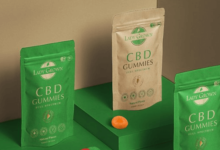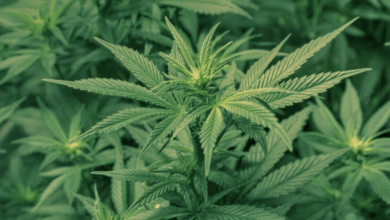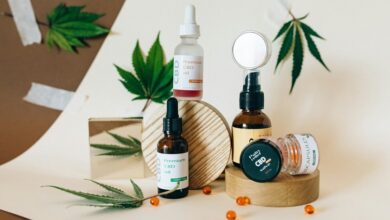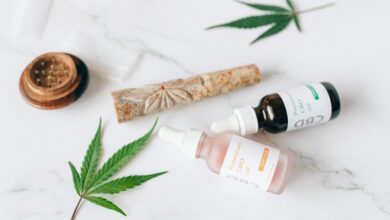Will Cbd Come up on a Drug Test
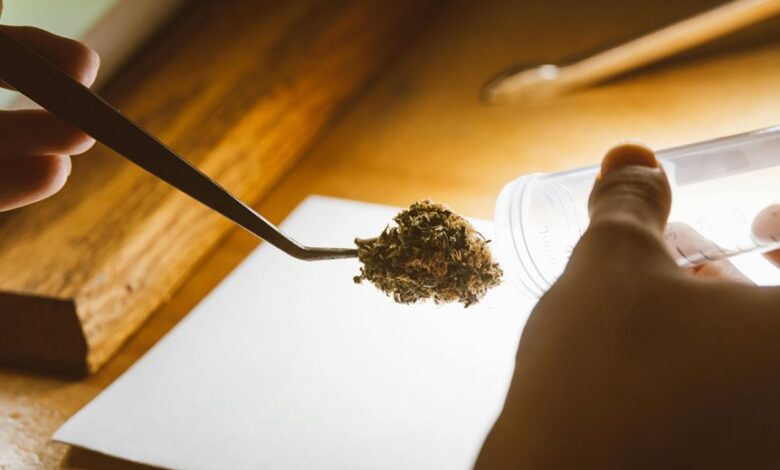
The possibility of CBD appearing on a drug test raises important considerations for users. While CBD itself is not typically detected, many products contain trace amounts of THC. This can influence test outcomes, as drug screenings primarily target THC metabolites. Understanding the nuances of CBD composition and its interaction with testing methods is essential. What factors could affect the results, and how can individuals safely navigate CBD use in relation to drug testing?
Understanding CBD and Its Composition
CBD, or cannabidiol, is a compound derived from the cannabis plant, gaining prominence for its potential therapeutic benefits.
With increasing interest, the legality of CBD varies by region, often allowing its use for wellness without psychoactive effects.
Many users report advantages such as reduced anxiety and improved sleep.
Understanding CBD's composition and its legal status is essential for informed decisions regarding its use.
The Role of THC in Drug Testing
While many individuals turn to CBD for its therapeutic effects, the presence of THC (tetrahydrocannabinol) in cannabis products can significantly impact the results of drug testing.
Drug test types, such as urine and blood tests, often detect THC metabolites, which can remain in the body for days or weeks.
Consequently, individuals using CBD products containing THC may risk positive results on these tests.
Factors Influencing Drug Test Results
The presence of THC in cannabis products is only one factor that can influence drug test results.
Other drug test factors include the individual's metabolism, frequency of use, and the specific testing methods employed.
Different methods, such as urine, blood, or hair tests, have varying sensitivity levels, potentially affecting the outcome.
Understanding these elements can provide clarity on the likelihood of testing positive for THC.
Tips for Safe CBD Use and Drug Testing
When considering the use of CBD, individuals should be aware of several important tips to minimize the risk of a positive drug test.
First, choosing a reputable brand can help ensure products contain minimal THC.
Monitoring CBD dosage is crucial, as higher amounts may increase detection chances.
Finally, understanding testing methods can aid in making informed decisions regarding CBD use and potential drug testing outcomes.
Conclusion
In conclusion, while CBD itself is unlikely to trigger a positive drug test, the presence of THC in some products can pose a risk. The complexity lies in the variability of THC levels and individual metabolic differences, which can affect detection times. To mitigate the risk of unintended consequences, consumers should prioritize high-quality, THC-free CBD products. Understanding these nuances is essential for those concerned about drug testing, highlighting the importance of informed choices in CBD consumption.


